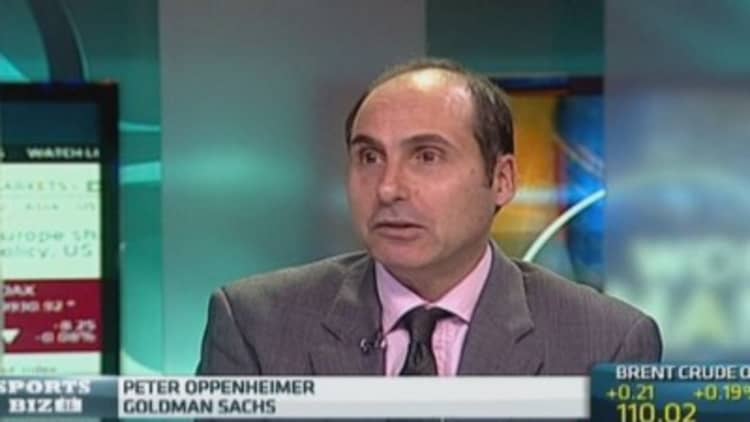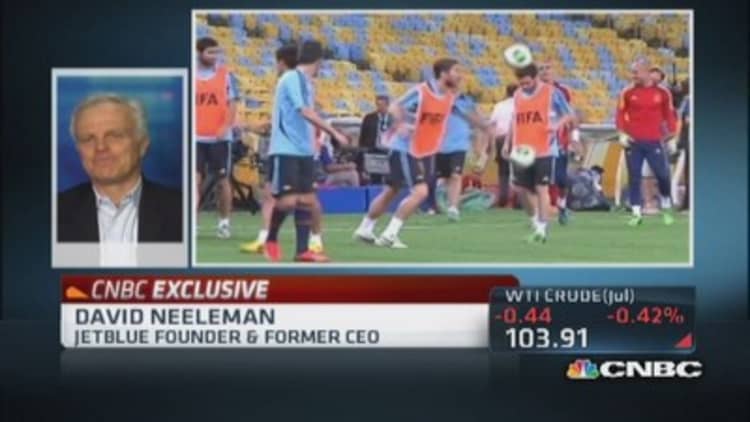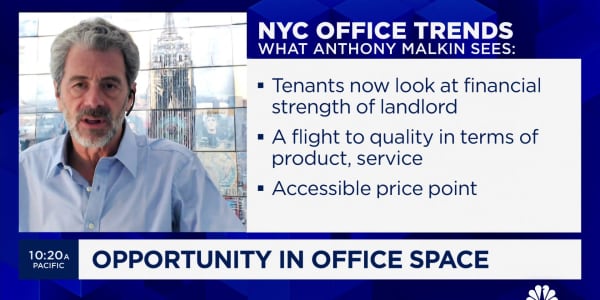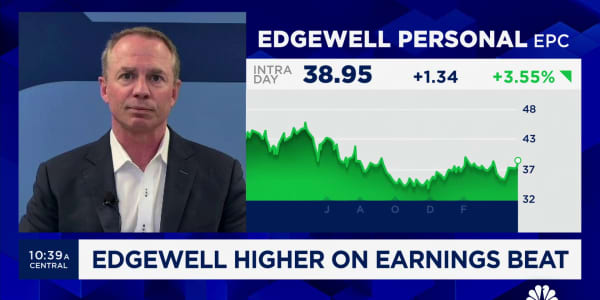
There's more than national pride and global supremacy that comes with the winning of the World Cup: There's also a nice boost to the stock market.
Champions in the world soccer championship held every four years have enjoyed a near-term boost in their national stock market following victory, according to an incredibly exhaustive 67-page report Goldman Sachs prepared ahead of the competition, which is closely watched on Wall Street and begins June 12.
The bad news is that the gains often are short-lived. As the Goldman note, prepared by economists Dominic Wilson and Jan Hatzius explains:
There is no doubt that the World Cup captures huge attention and, with it, generates a massive amount of passion. But does it have any impact on stock markets?
Our overall conclusion is that it does—at least for a brief period. Looking at history, there is a clear pattern of outperformance by the winning team in the weeks after the World Cup final. On average, the victor outperforms the global market by 3.5 percent in the first month—a meaningful amount, although the outperformance fades significantly after three months. But sentiment can only take you so far, in markets at least—the winning nation doesn't tend to hold on to its gains and, on average, sees its stock market underperform by around 4 percent on average over the year following the final. The message seems to be: enjoy the gains while they last…

Read MoreWill China or India ever lift the World Cup?
While it may sound like just one of those silly coincidences, like cycles of the moon or the ever-popular hemline indicator, the World Cup connection has been remarkably consistent when comparing individual country stock market movement with the MSCI World Index.
Since 1974, all the winners except one have outperformed in the month after the final. The only exception was Brazil in 2002—perhaps an ominous sign since the nation's squad is a heavy favorite to take this year's Cup. In that year Brazil, the host of this year's games, was in the midst of a brutal recession and currency crisis that skewed the results.
One other thing to keep in mind: The runner-up in the championship match has had poor performance afterward, with seven of the nine countries finding themselves on both the losing end of the game and on market action. Underperformance compared to the MSCI for the runner-up averages 1.4 percent for the first month and 5.6 percent over the ensuing three months.
Read MoreMeet the anarchists who could ruin the World Cup
As Goldman notes:
So, in the absence of a severe economic crisis, the winner tends to enjoy the spoils of success in the market for a brief period at least.
Not so much, though, for the loser.
—By CNBC's Jeff Cox






